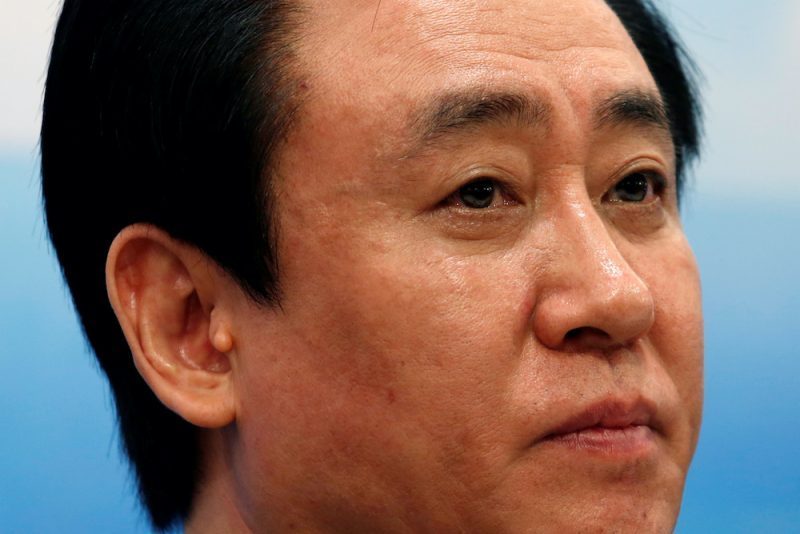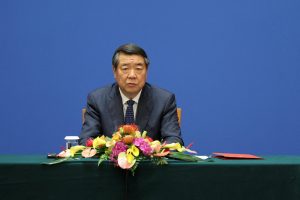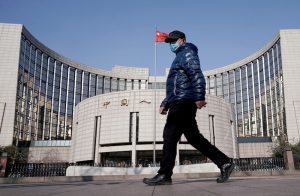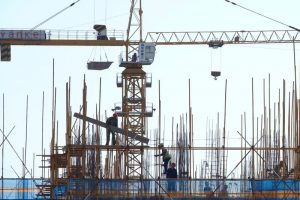Chairman Hui Ka Yan’s shareholding in his embattled China Evergrande Group has dropped to 59.78% from 61.88%, Hong Kong stock exchange filings showed, in a forced selling by a third party with whom the shares were pledged.
The number of shares involved was 277.8 million, worth roughly HK$492 million ($63.08 million) based on the stock’s Friday closing price of HK$1.77.
The drop was the result of steps taken over the past three days (December 6 to 9) to enforce a “security interest” in the shares, the filing said.
Reuters could not immediately determine the identity of the entity which sold the pledged shares.
Ratings agency Fitch downgraded Evergrande, which has more than $300 billion in liabilities, to “restricted default” on Thursday, after the developer missed a deadline this week to pay coupon payments totalling $82.5 million.
Some Developers Allowed to Issue Debt
In related news, a Chinese self-regulatory body overseeing the interbank market will support debt issuance by qualified developers to fund acquisitions of real estate projects and finance completion of unfinished buildings, the official Securities Times reported on Friday.
The National Association of Financial Market Institutional Investors (NAFMII) held a meeting with Chinese developers on Friday at which it said individual risk cases won’t affect the normal financing functions of the market over the medium to long-term, according to newspaper.
This is the latest sign that China is marginally relaxing financing conditions for developers to prevent the financial trouble of heavily-indebted China Evergrande Group from triggering a collapse of the property sector, as well as a sharp slowdown of the economy.
However, NAFMII will prioritise support to those developers that operate in line with China’s real estate policies, the newspaper said, suggesting Beijing won’t reverse its deleveraging campaign.
Developers including China Merchants Shekou Industrial Zone Holdings plan to issue debt instruments via the interbank market in the near term to fund mergers and acquisitions, the newspaper said.
• Reuters with additional editing by Jim Pollard
ALSO SEE:
China Evergrande and Kaisa Declared in Default by Fitch
China Evergrande Debt Crisis: The Next Flash Points
China’s Unsold Housing Stock Reaches a Five-Year Peak
























